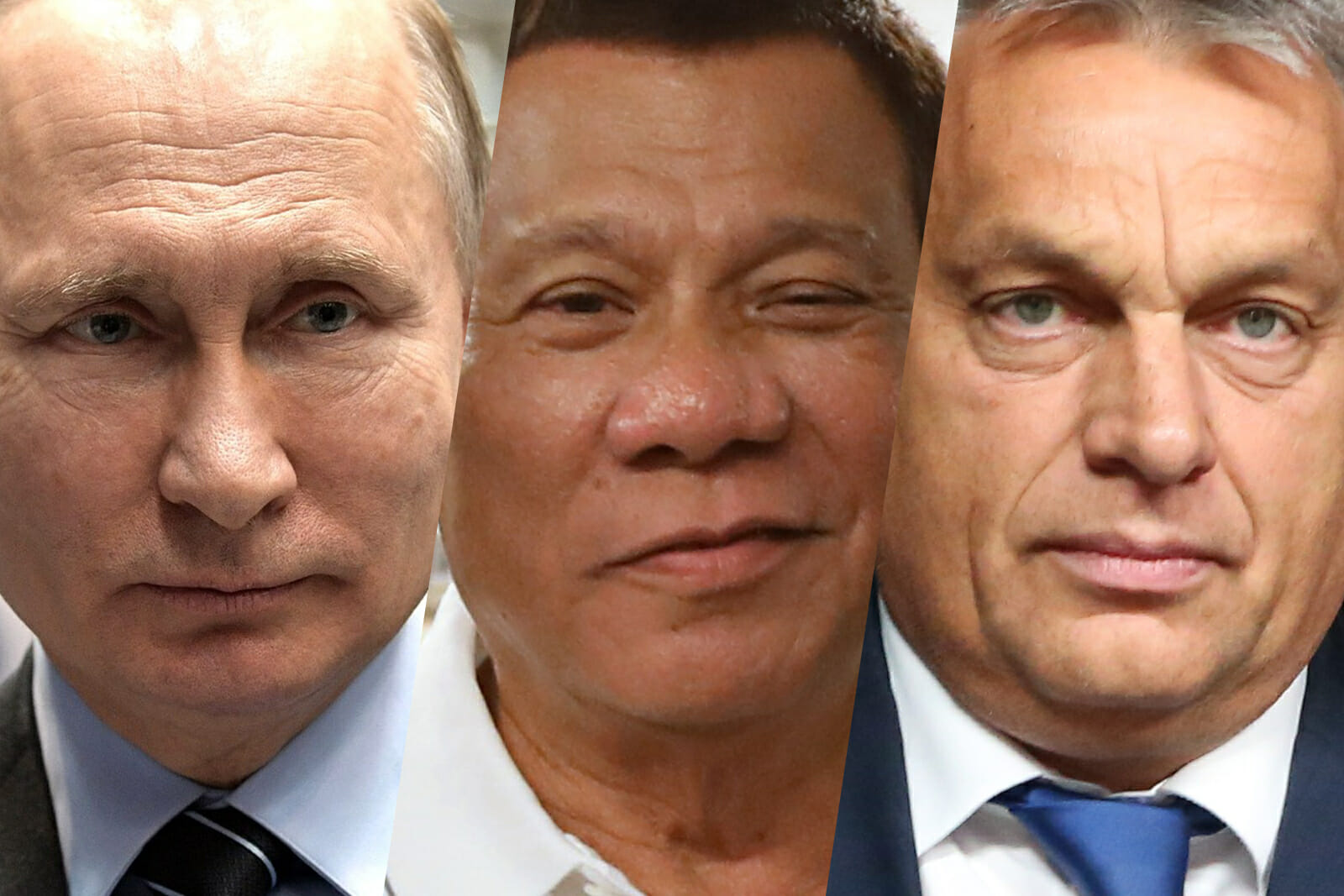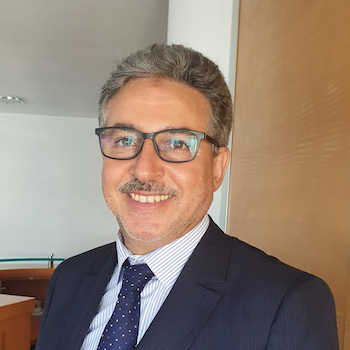
The Impact of COVID-19 on Human Rights and Democracy
The world is facing an unprecedented crisis. At its core is a global public health emergency on a scale not seen for a century, requiring a global response with far-reaching consequences for our economic, social, and political lives.
The emergency imposed extraordinary measures to fight the pandemic, both dictatorships and democracies curtailed civil liberties on a massive scale.
Guaranteeing human rights for everyone poses a challenge for every country around the world to a differing degree. But, the measures of emergency to face the pandemic affected people’s livelihoods and security, their access to healthcare, work, education, the movement inside and outside of countries, as well as to leisure.
The impact of the pandemic poses fundamental questions: How will the pandemic impact human rights and democracy?
Impact of COVID-19 on human rights
The COVID-19 pandemic legitimately prompted countries to take drastic measures to protect public health. These measures are restricting a number of individual rights and liberties enshrined in constitutions and in international conventions on human rights.
The effects of the pandemic were not only limited to the global economy but extended to the rights and freedoms of citizens due to the imposition of emergency laws, exceptional laws, curfews in a number of countries, and the isolation of specific cities or regions.
The measures taken by governments have increased concerns about governments exploiting these exceptional circumstances to abort principles of democracy and human rights.
In this regard, we can cite many examples.
The pandemic allowed China to have more control over its population. China resorted to quarantining the entire city of Wuhan. Foreign journalists, including journalists from the New York Times, The Washington Post, and The Wall Street Journal were expelled.
The pandemic suspended public gatherings and social protests in a number of countries such as Algeria, Lebanon, and Iraq, where the authorities persuaded street protesters to end their mass protests that might exacerbate the health crisis.
The exceptional measures also restricted the freedom of the press. Journalists were not allowed to report on developments on the ground except with the permission of authorities.
The spread of the pandemic led to economic stagnation in most countries, due to the closure of a number of factories and industrial and commercial institutions, which caused the loss of jobs for many workers, which raises the issue of social rights, including the right to work.
In Russia, President Vladimir Putin seized the opportunity to expand the already tremendous apparatus of oppression in the Kremlin in the form of thousands of facial recognition cameras that would enable the police to locate and target people participating in street demonstrations.
The Moscow police caught and fined people who violated quarantine and self-isolation using facial recognition.
The COVID-19 pandemic is now giving Russian authorities an opportunity to test new powers and technology, and the country’s privacy and free-speech advocates worry the government is building sweeping new surveillance capabilities.
Journalists, bloggers, and those covering the COVID-19 response have been targeted. In Venezuela, journalist Darvinson Rojas was arrested by security forces for his reporting on the pandemic. Similarly, there are numerous reports of journalists and human rights activists being arrested, placed under house arrest, harassed, and threatened for the criticisms of their governments’ handling of the pandemic. These countries include China, El Salvador, Iraq, Turkey, Serbia, Egypt, Iran, Belarus, and Vietnam.
Protecting individuals from the pandemic is necessary, but international human rights laws provide a framework to guide government actions, as states have an obligation to protect a range of rights such as the right to work, to housing, to education, and freedom of expression.
Impact of the COVID-19 pandemic on democracy
Some countries have employed exceptional measures to achieve political goals. For example, Egypt announced the extension of the state of emergency throughout the country, and the goal of the emergency is not necessarily confronting the pandemic, but rather facing the opponents of the political system.
In Hungary, Prime Minister Viktor Orbán took advantage of the pandemic to dismantle democracy in the country.
On March 30, Hungary’s parliament passed an emergency law granting the government indefinite, sweeping powers. The new statute goes well beyond those emergency statutes passed elsewhere in Europe.
The Hungarian law enables rule by decree, bypassing the legislature on any law, as long as the crisis lasts. All elections until then will be suspended.
In the Philippines, President Rodrigo Duterte acquired complete legislative power, with no time limits, and issued a law against false news, and gave orders to the police to impose a state of emergency. Thousands of people have been arrested for violating curfews.
The war on coronavirus has given extraordinary powers to governments at the expense of laws and various constitutions, which draws attention to the fact that democracy and human rights are subject to a difficult test.
COVID-19 constitutes a major stress test for societies, states, and international order. When it comes to the human rights dimension, many countries are failing this test. Neoliberal economic policies, austerity, and hostile environmental policies have left social protection threadbare.
They have undermined public services, social security, and workers’ rights, and exposed ever more people to their harmful consequences.
States have an obligation to protect, promote and give effect to human rights for all groups under their jurisdiction, first and foremost the most vulnerable, such as children, older people, refugees, migrants, and persons with disabilities.
States are obligated to fight the pandemic by exceptional measures, but they must respect the fundamental values of democracy, rule of law and human rights.

